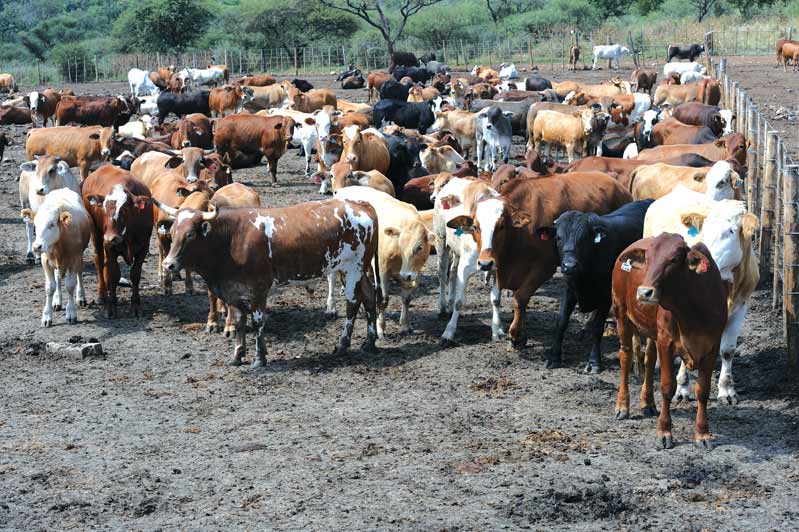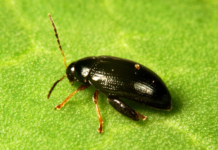Mexico and 15 African countries are maintaining commercial exchange of foods such as sesame, rice, strawberries, corn, apple, cocoa, walnuts, pears, tobacco, grapes, poultry, lobster and sardines.
Africa has a population of 1.3 billion people and its birth rate is among the highest in the world, so it is expected that by 2050 its population will double and demand more food.
In order to increase the presence of Mexican products in Africa in the medium term, the Mexican Ministry of Agriculture and Rural Development is working on increasing the shipment of its products to Nigeria.
The Mexican ministry also highlighted that Mexico was maintaining its commercial exchange of food with African countries such as Nigeria, Benin, Congo, Equatorial Guinea, Cameroon, Ethiopia, Ivory Coast, Uganda, Egypt, Morocco, Zimbabwe, Kenya, South Africa, Mozambique, Ghana, the DRC and Oman.
“With these nations there is a commercial exchange of products such as sesame, rice, strawberries, corn, apple, cocoa, walnuts, pears, tobacco, grapes, poultry, lobster, and sardines,” it said.
“As part of this trade, health authorities from Mexico and Nigeria signed a work plan for the safe export of Jamaican flowers from the African nation to our country.”
The General Director of Plant Health of the National Agri-Food Health, Safety and Quality Service (Senasica), Francisco Ramírez y Ramírez and the Comptroller General of the Nigerian Agricultural Quarantine Service, Vicent Isegbe, signed the document, in the presence of the Nigerian Ambassador to Mexico, Rafiu Adejare Bello, and representatives of the Jamaican flower industry from both countries.
The signing was done last weekend.
The Mexican official pointed out that the agreement between the two countries establishes that the Nigerian authorities will certify exporting companies that comply with the requirements demanded by Senasica, such as the correct cleaning and quarantine treatment of containers and the placement of traps to detect the presence of pests such as weevils.
Along with Senasica’s technical quarantine treatments, they will verify at origin that the provisions are met and the inspectors in Mexico will again review the merchandise at the points of entry into the country, in order to minimise the risk of entry and spread of pests and diseases of economic importance to the national territory.








